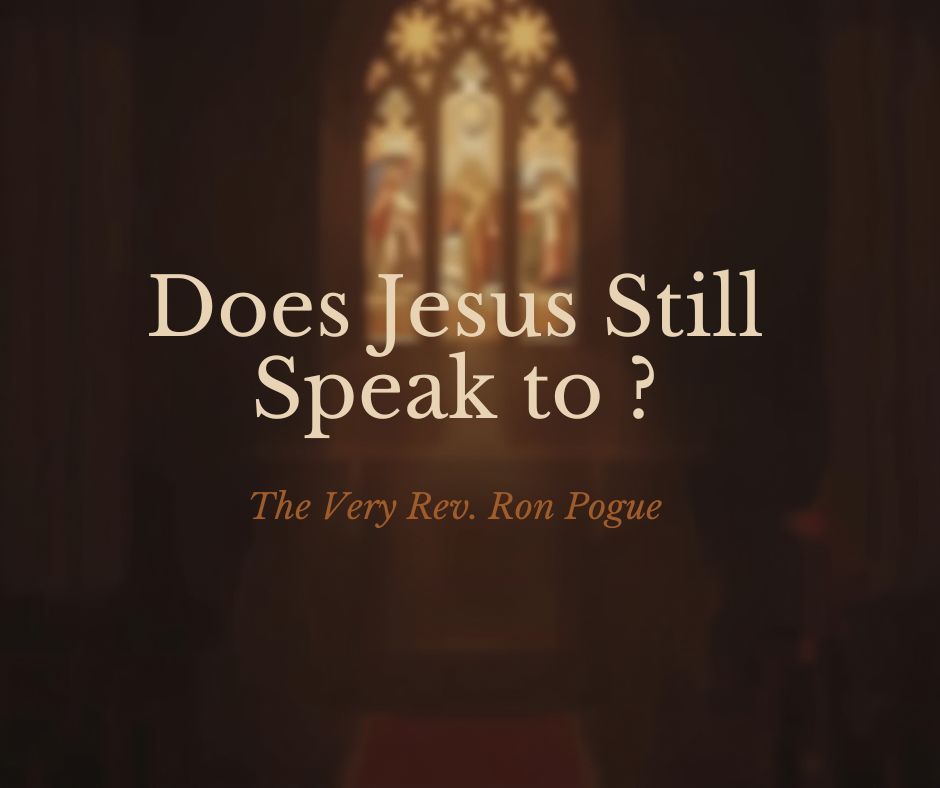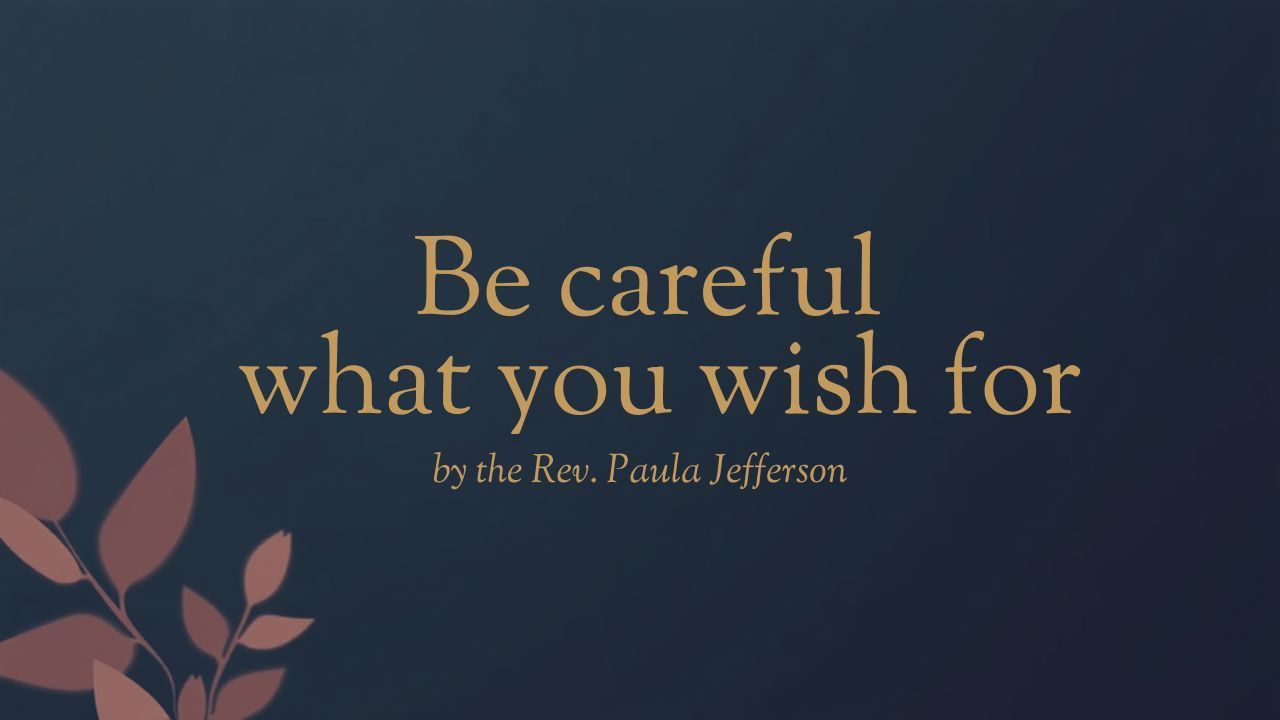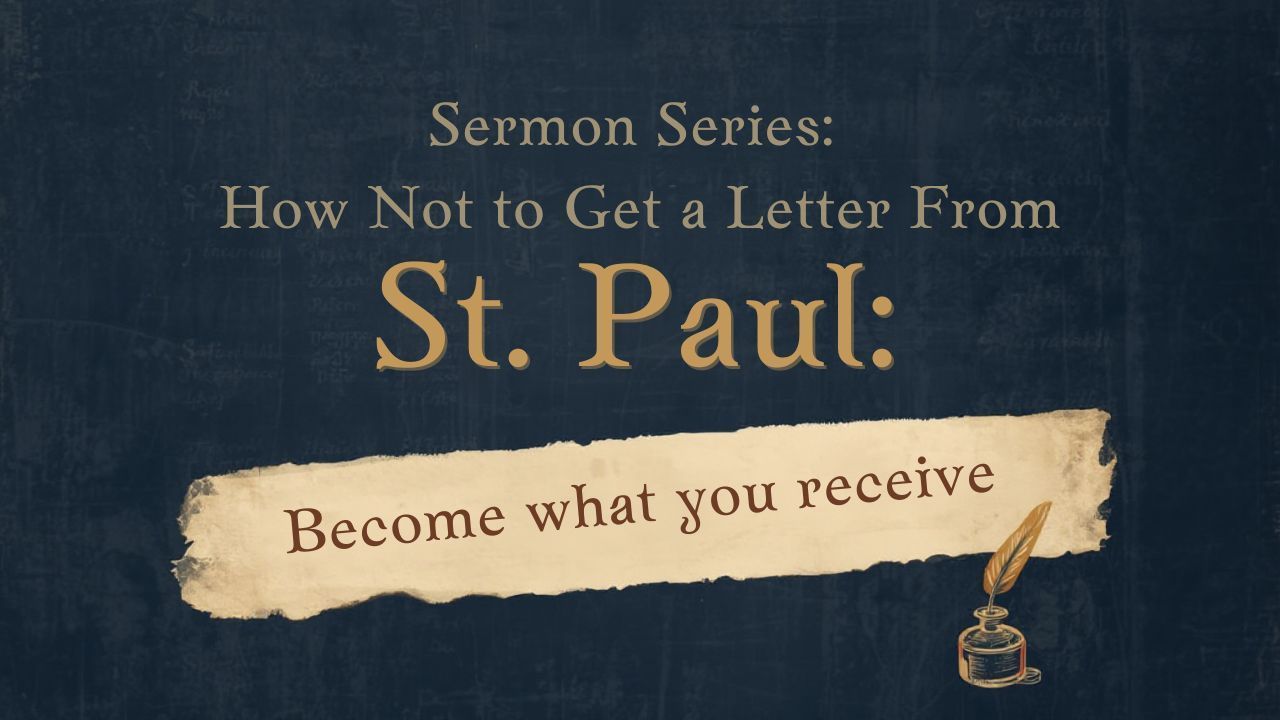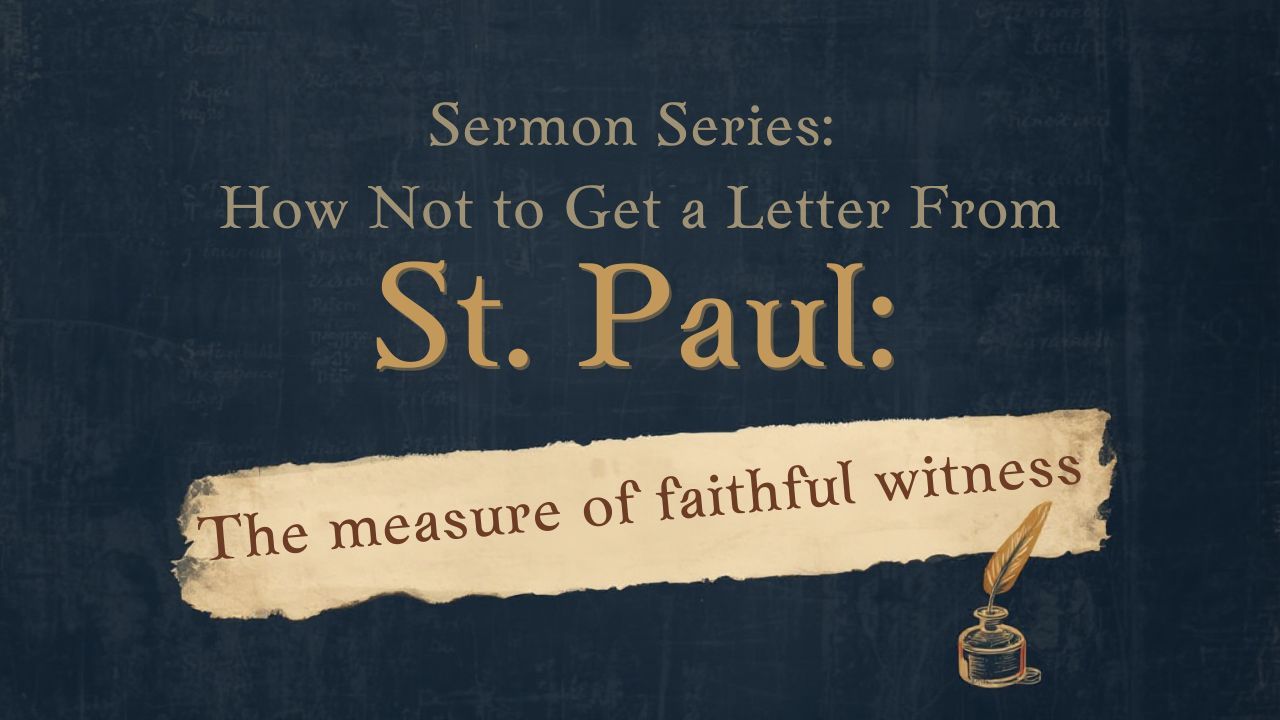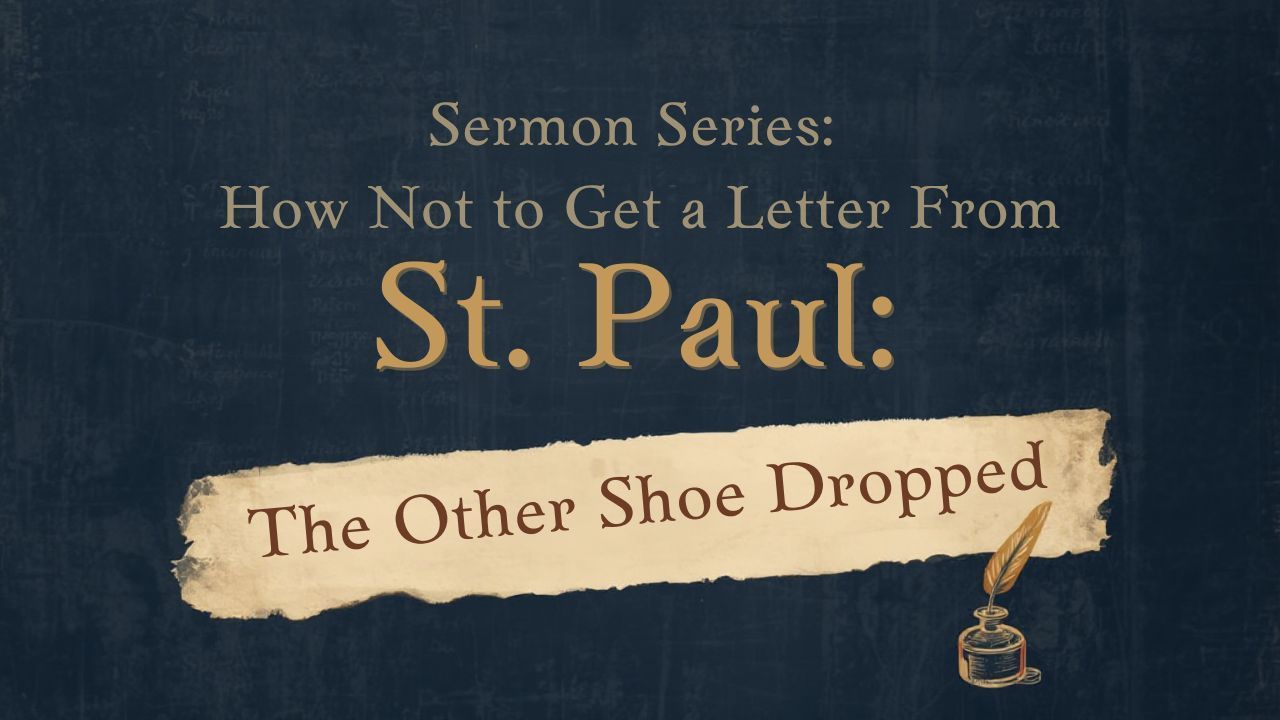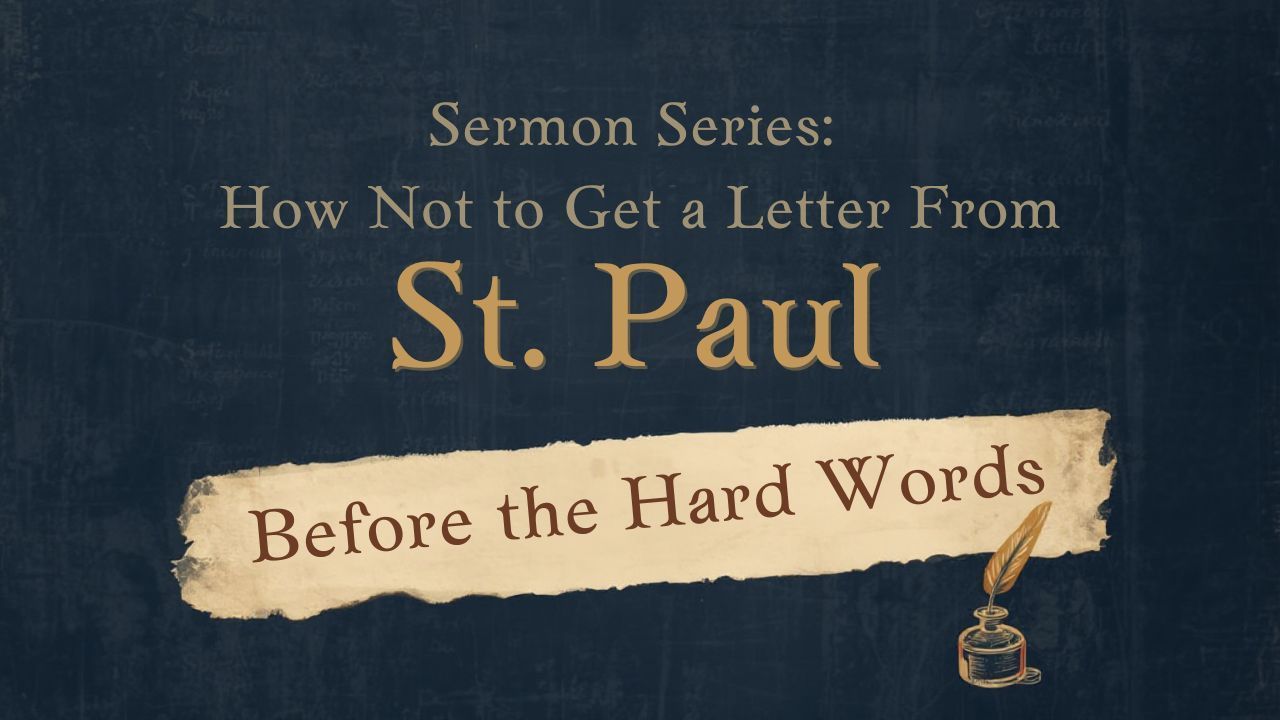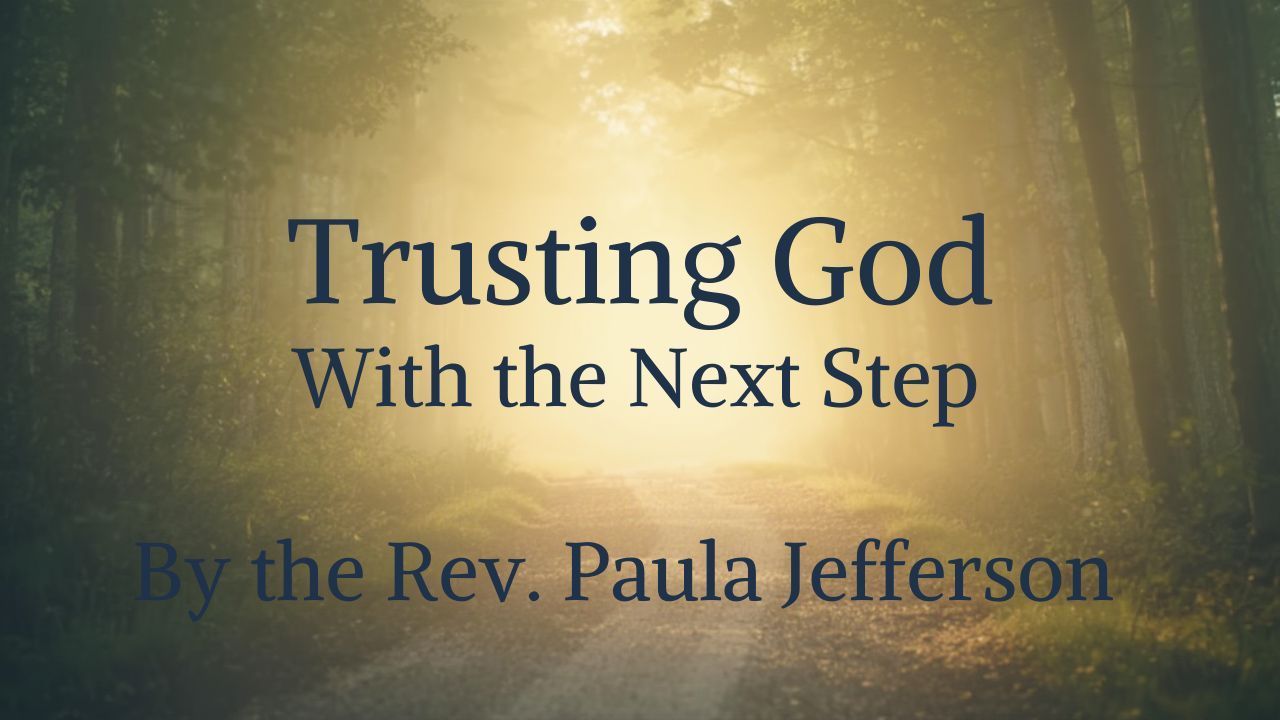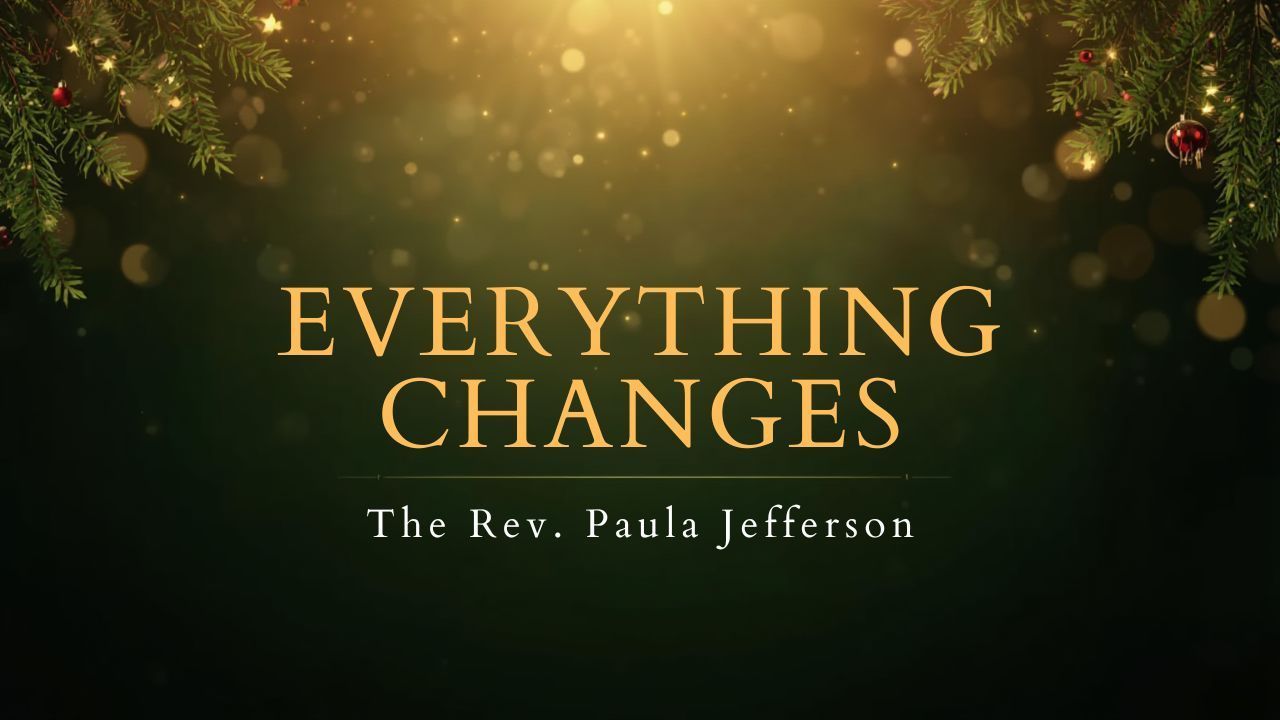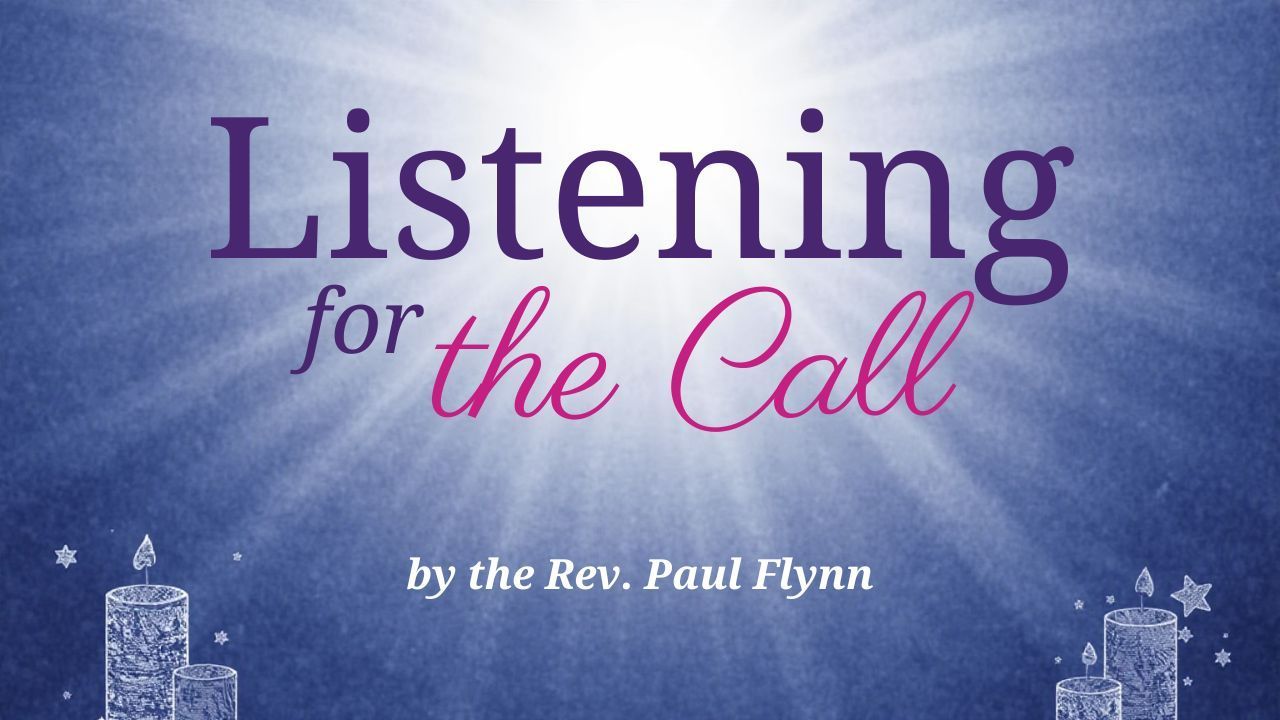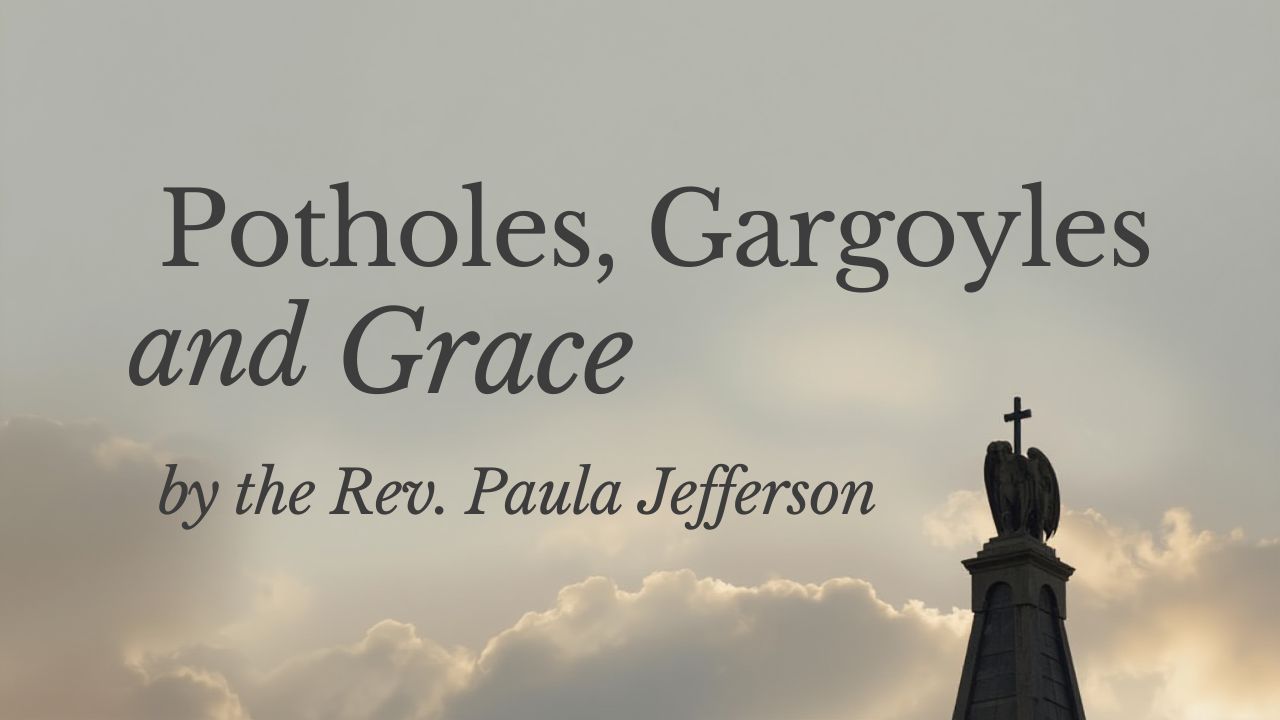Until I was 40 years old, I had the luxury of being able to call my grandmother. One evening, I was logging some extra hours at the office. The phone rang, and I answered, “Hello, this is Paula.” It was my grandmother. We chatted about this ‘n that… and then she asked, “Why are you working at 8 o’clock in the evening?” “I’m catching up on projects, Grandma.” There was a pause, and then she said, “You can’t take it with you.”
She knew how to “cut to the chase.” Her wisdom is reflected in Luke’s parable this week.
We already know that a parable is a story that reveals a moral or spiritual truth. So, we always enter a parable looking for meaning that is more than skin-deep.
On the surface, this story seems to be all about my grandmother’s warning.
A rich man’s land produces so abundantly, he has no place to store all the excess food. His plan is to tear down his barns—making space for bigger ones capable of storing years’ worth of food. And then, he says, I’ll have so much stuff, I can relax, eat, drink, and be merry for many years. It sounds like a retirement plan.
You can almost hear Frank Sinatra singing in the background, “I did it my way”!
Then Jesus shifted the tone of the parable: God said to the rich man, “You fool! This very night you will die… and all that you have stored… to whom will it belong?” There’s Grandma’s wisdom: you can’t take it with you.
It is a common interpretation of the parable. What else might this parable reveal to us?
I noticed that the rich man used the words “I” and “my” 11 times. It’s all about him. My land. My crops. My barns. My grain. My goods. My retirement. He sees everything through the lens of possession. My sweat. My stuff.
The rich man’s perspective reminded me of our summer book study. Last week, the author introduced the acronym W.E.I.R.D…. it describes societies like our American culture: Western, educated, industrialized, rich, and democratic. The WEIRD-er a society is, the more it reflects an ethic of autonomy. In WEIRD societies, moral concerns revolve around individuals harming, oppressing, or cheating other individuals.
Through our WEIRD eyes, the rich man is respected for his hard work and financial independence—and he is abhorred because he shows no interest in sharing his wealth to help anyone else. The cultural moral we hear is that we should share what we have because we can’t take it with us.
But Jesus did not tell this parable to a WEIRD community. 1stC Judeans were not Western, educated, industrialized, rich, or democratic. Their social moral code was based on the ethic of divinity—the idea that people are, first and foremost, vessels within which a divine soul exists. Our modern moral concerns are based in individualism, but their moral concerns were rooted in the ethic that all of us are children of God and should behave accordingly.
To the audience who first heard this parable, the rich man’s failure is not his wealthiness.
The problem is that he does not see himself as a participant in God’s gift economy. He doesn’t acknowledge that the land he is working ultimately belongs to God. The seed, the rain, the labor, the health he enjoys that allows him to work… all of it is a gift. It is God who invited us to participate with God in the stewardship of creation. (Not the other way ‘round.)
The rich man is a good manager of the land and all that it yields. But his “Why”… his reason… is rooted in greed. He does not pay forward the divine gifts he received.
I had the most extraordinary experience last Friday. It was the third anniversary of my start date with St. Christopher’s. All day long, videos and messages were posted to our FB page. There were messages from bishops, the dean of my seminary, many of you, friends, people who’ve participated in our Zoom classes… it was truly amazing to hear from so many people.
It meant a lot to me. And of course, I was writing this sermon as all of it was happening. I began to think about the experience through the lens of the parable.
God’s presence is palpable in this congregation. That is not because of Paula Jefferson or any other individual. It is because of who we are—and how this body of Christ inclines its ear to hear God’s voice—and how we say “Yes!” to God’s vision.
We are rich… in all that the world around us craves… we are rich. We feel joy in this community. We know peace here. We work hard to be a community who welcomes God’s people in God’s way.
The moral of the parable is that we cannot hoard all of this goodness for ourselves. We must share all of that joy and peace with the world.
Next Sunday, we will worship at 9:30 and then make our way to Rex’s on S. University. There we will celebrate the beginning of a new school year and enjoy the company of this community. The cost of the meal has been covered by the Bingo De Mayo fundraiser.
Just as the rich man was called to share his abundance, we are called to share the joy, peace, and love we experience through St. Christopher’s. Who in your life might need that gift right now?
